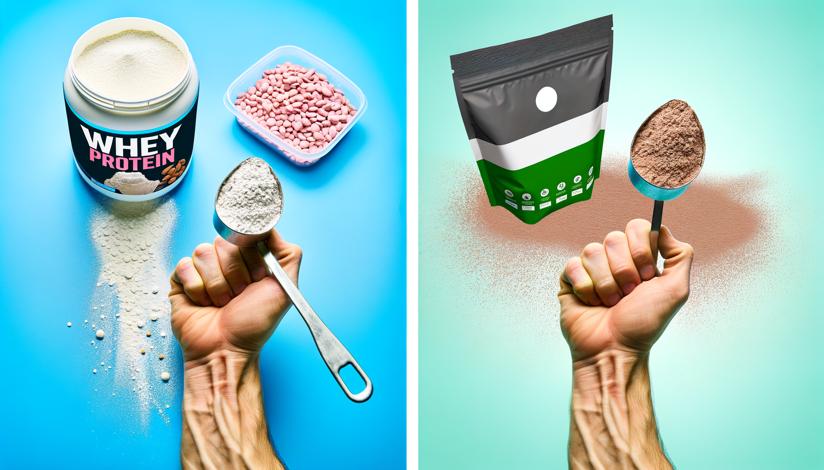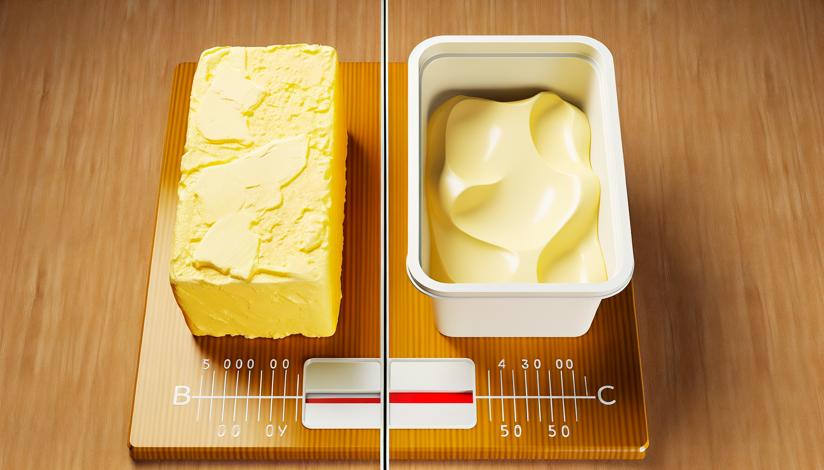

Whey protein is derived from cow's milk and is a complete protein, meaning it contains all nine essential amino acids. It is quickly absorbed by the body, making it an ideal choice for post-workout recovery. Whey protein also has a high bioavailability, meaning your body can easily digest and utilize it.
On the other hand, plant-based protein powders are made from a variety of sources, such as peas, rice, and hemp. While they may not be complete proteins on their own, when combined with other plant-based protein sources, they can provide a full spectrum of amino acids. Plant-based protein powders also tend to be easier on the digestive system and are a great option for those with lactose intolerance or allergies to dairy products.
When it comes to taste and texture, whey protein powders are known for their creamy and smooth consistency. Many people enjoy the flavors available in whey protein powders, such as chocolate, vanilla, and strawberry. Plant-based protein powders, on the other hand, can vary in taste and texture depending on the source of the protein. Some people find them to be grainier or less flavorful than whey protein powders.
In terms of price, whey protein powders are generally more affordable than plant-based protein powders. This is due to the availability and abundance of whey protein as a byproduct of the dairy industry. Plant-based protein powders often require more processing and sourcing of ingredients, which can drive up the cost.
When it comes to meeting specific dietary needs, both whey protein and plant-based protein powders have their advantages. Whey protein is higher in leucine, an essential amino acid that plays a key role in muscle protein synthesis. This makes it a popular choice for athletes and bodybuilders looking to build and maintain muscle mass. Plant-based protein powders, on the other hand, are often naturally lower in calories and fat, making them a good option for those who are trying to lose weight or maintain a lean physique.
In conclusion, both whey protein and plant-based protein powders have their own unique benefits and considerations. Whey protein is a complete protein and is quickly absorbed by the body, making it ideal for post-workout recovery. Plant-based protein powders, on the other hand, are a great option for those with dietary restrictions or preferences, as they are often dairy-free and easier on the digestive system. Ultimately, the choice between whey protein and plant-based protein powder depends on your individual needs, goals, and dietary preferences.

Complete protein with all essential amino acids
Quickly absorbed by the body for post-workout recovery
Wide variety of flavors available

Derived from cow's milk, not suitable for lactose intolerant individuals
May be more expensive compared to plant-based options














-
https://www.healthline.com/nutrition/whey-protein-101
-
https://www.medicalnewstoday.com/articles/263371




























